A chase, rumours and police mistrust: How the death of two teenagers tore a Cardiff community apart
In 1991, poverty and dejection sparked riots that took over the streets of Ely, Cardiff. More than 30 years later, not much has changed, as Harry Hawkins reports
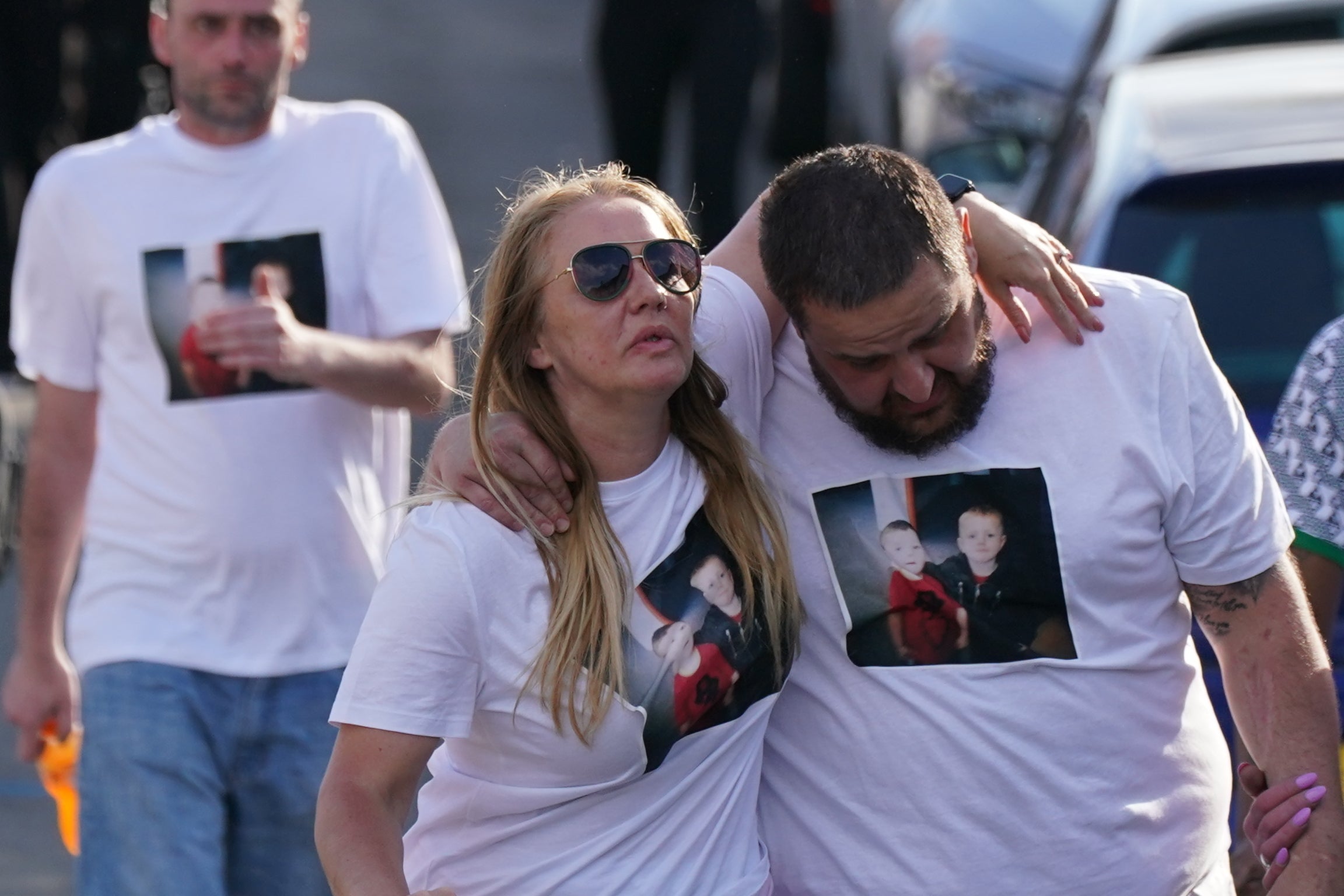
Standing in the bright May sunshine on a street in the Cardiff suburb of Ely, you can still feel the melting pot of emotion, days after violent riots were triggered by the deaths of two teenage best friends in a bike crash.
Grief for the loss of Kyrees Sullivan, 16, and Harvey Evans, 15, was matched by anger towards the police after a perceived chase by officers before their deaths.
That rage spilled over into riots in neighbouring streets on the close-knit but poverty-stricken housing estate as hundreds of teenagers gathered, enraged and destroying whatever they could lay their hands on.
Families watched helplessly in fear as their cars were set alight outside their homes and teens armed themselves with concrete paving slabs, fireworks and even a front door as they hurled missiles towards officers bearing riot shields.
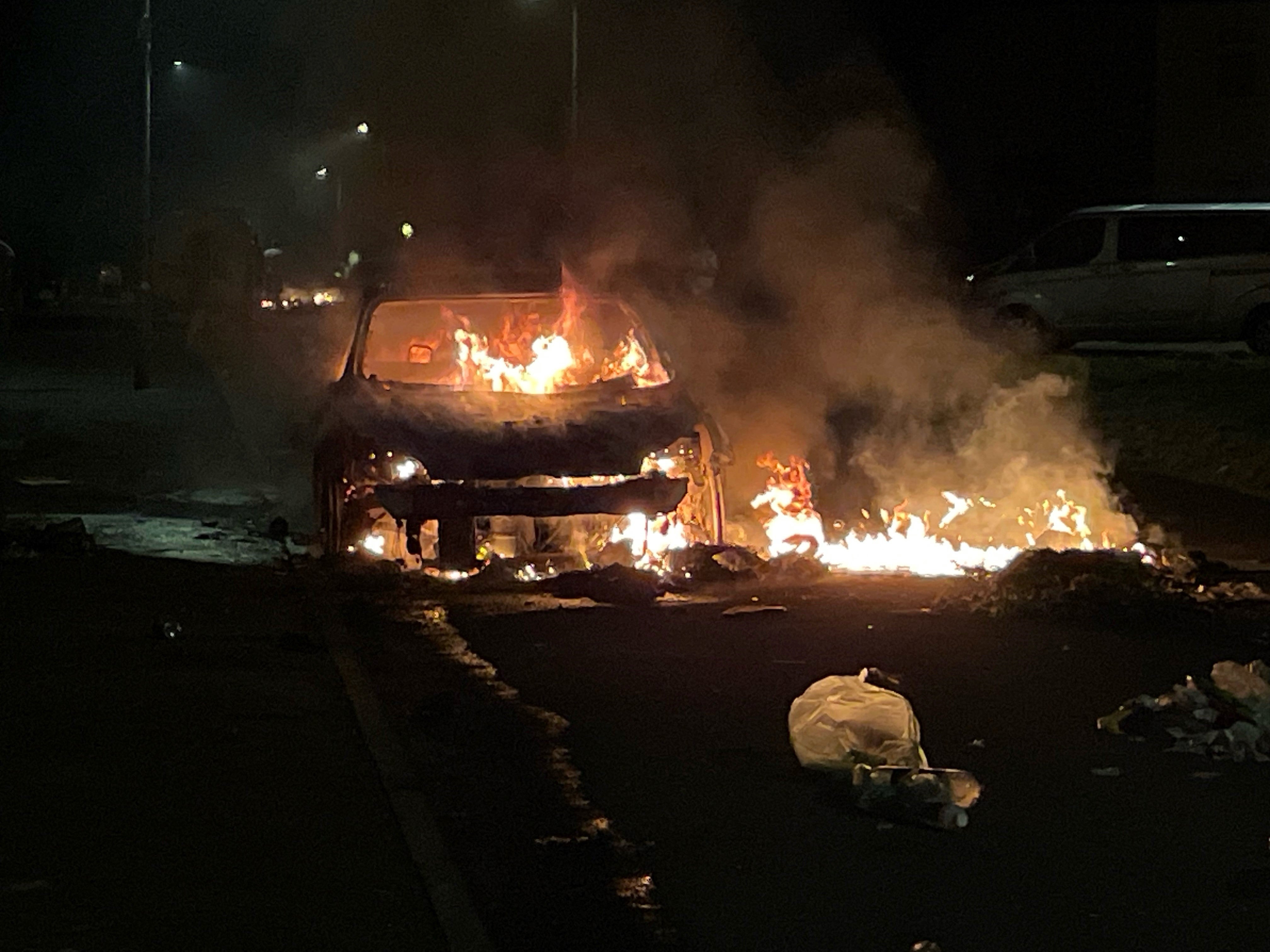
It is unclear exactly how the riots started as witness accounts vary, but one friend of Harvey’s family claimed the police were to blame for the trouble and mistrust of officers was now at an all-time high.
Blinking in the sunshine and from grief, he said: “People were stood around after the crash because we know the police had chased them. We weren’t doing nothing wrong, we was just stood there.
“Then, from nowhere, suddenly all these officers appeared with dogs and riot shields and started to try and push us back.
“They antagonised people, they tried to intimidate people and they lied about chasing them boys. It’s clear now for everyone to see.”
However, another long-standing Ely resident said the trouble began after gangs of youths abused officers and smashed a police car window, leading to the force calling for back-up and the situation escalating.
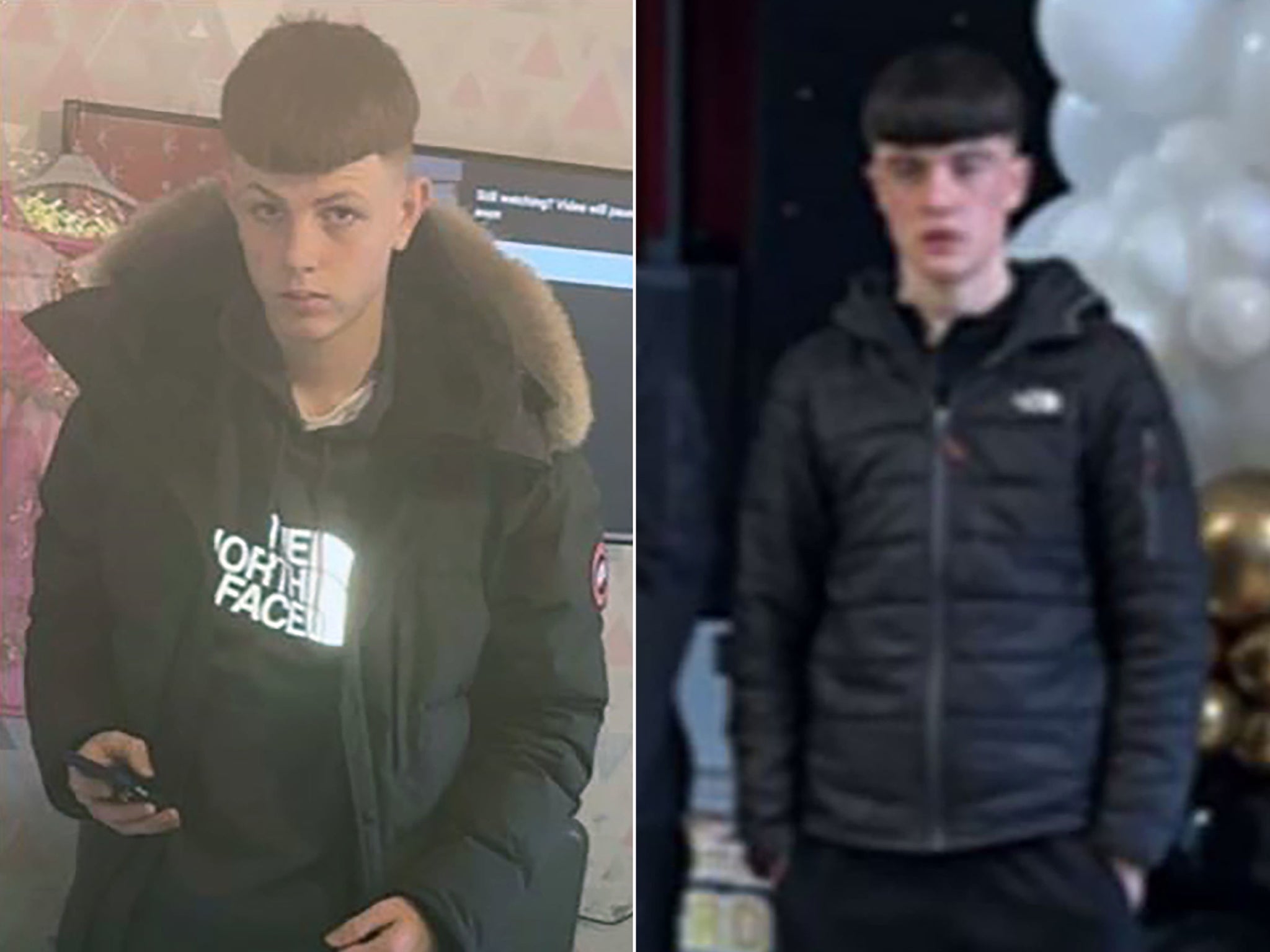
She said: “These weren’t people from these streets [that were damaged]. These were people who were out to cause trouble and it had nothing to do with the dead children.”
One father told on Tuesday morning, just hours after the disorder ended, how his family watched a car as it was set alight just yards from their front door.
The resident, who asked not to be named, said: “About 15-20 kids stopped a woman driving as she tried to get home and took her car. They were taking ages trying to push it over before they set it alight.
“I called the emergency services because I thought the hedge might go up and set fire to our cars. My daughter is only five and in the front bedroom and I was scared that if that happened it would be it. I’m disabled and I would not have been able to get her out.
“They told me if there was a danger to life they would send someone to get us out but they wouldn’t come otherwise. They wouldn’t send the fire brigade because it was too dangerous for them.
“How can it be too dangerous for the fire brigade and the police but alright for us to have to be in the middle of it? The police were too scared to do anything.”
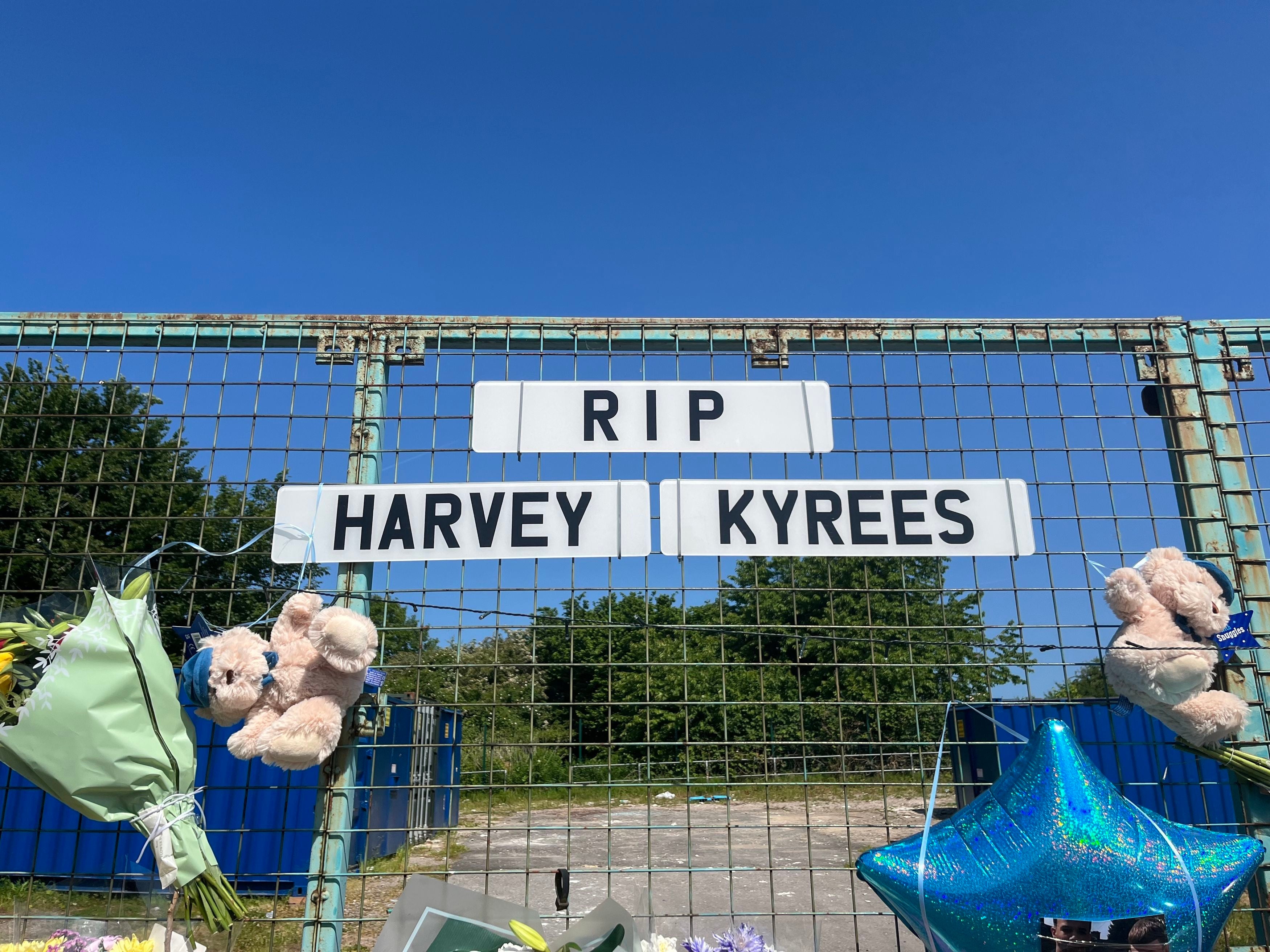
Another man, a father of four, criticised the rioters for vandalising his car, which was covered in paint and had its roof severely damaged by rocks that were thrown at it.
“My car was parked on my drive but that didn’t stop them from attacking it,” he said. “I’ve lived here all my life. I’ve done nothing to these people but they behaved like animals. It was absolutely disgusting behaviour.
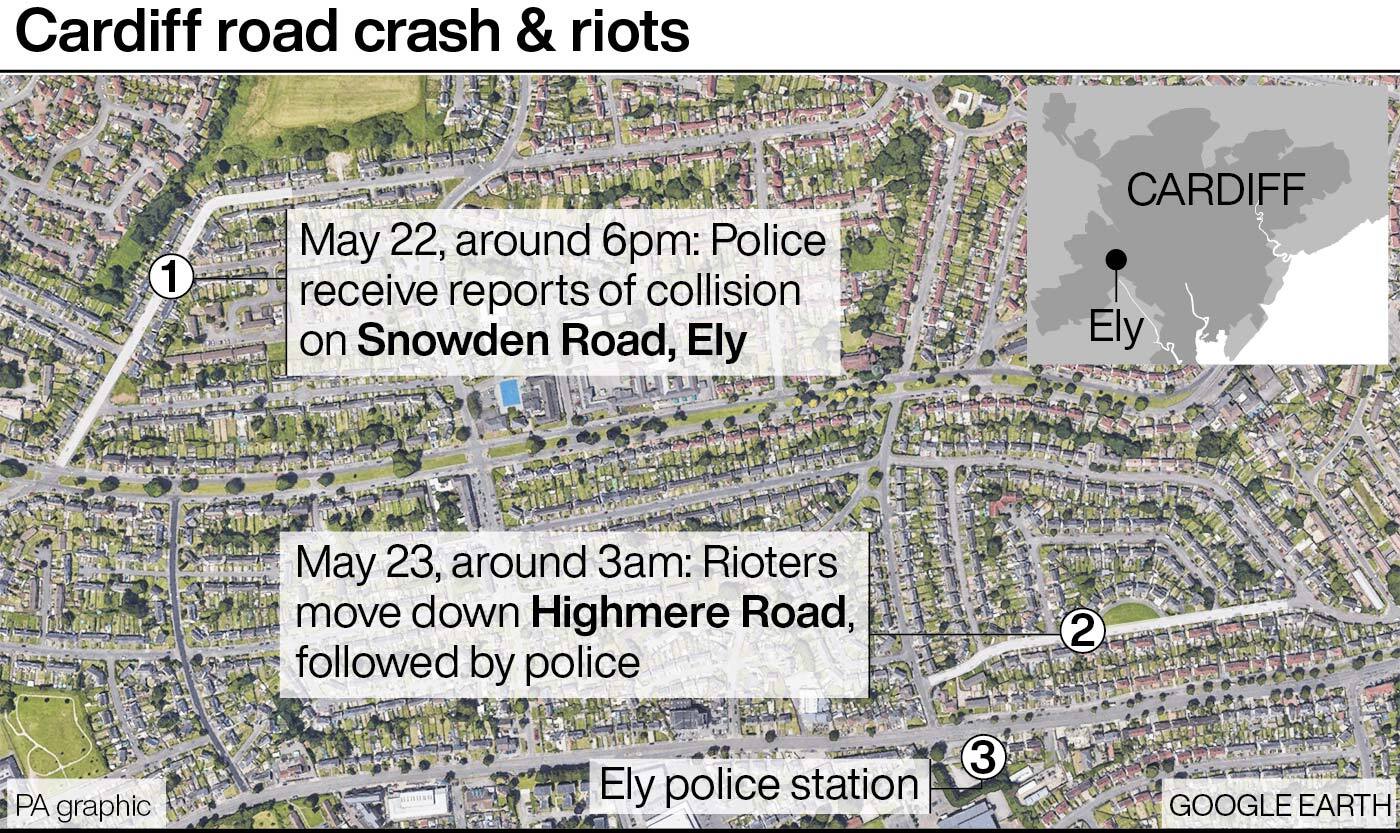
“I don’t want to think about how much damage they have done.”
But what started as a story about one of Wales’ poorest areas tearing itself apart with riots quickly changed into one about a potential police cover-up, with questions mounting about officers’ actions in the moments leading up to the teenagers’ deaths.
Kyrees’ mum Belinda reportedly declared earlier this week: “The police killed my son. I’ve got nothing else to say.”
Harvey and Kyrees were described by their families as “best friends who did everything together” and were well known and popular in Ely with pictures on social media showing them growing up together.
A lamp post close to the spot where the two boys died is adorned with hundreds of balloons and flowers where neighbours were seen diligently scrubbing blood from the pavement the morning following the tragedy.
Crowds of friends have gathered at the spot all week, mourning together and visibly angry at what they see as “intrusion” from the press into their grief as photographers try to gather images from the site.
South Wales Police initially denied officers had pursued Kyrees and Harvey as they rode through the council estate on the £4,000 Sur-Ron e-bike, but the force is now under investigation by watchdog the Independent Office of Police Conduct (IOPC).
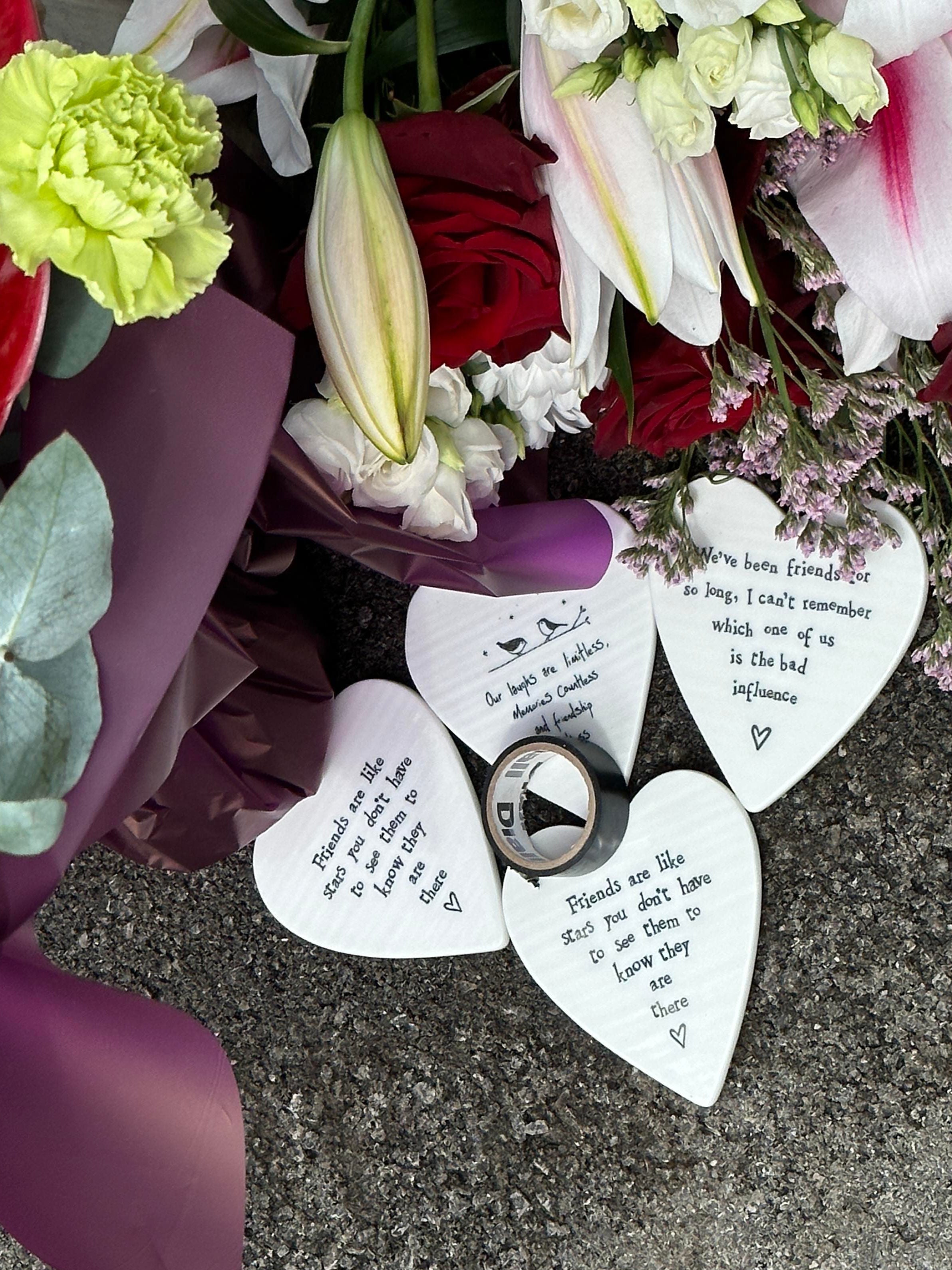
Even the local Police and Crime Commissioner, former Labour MP Alun Michael, couldn’t get the story straight. He did the broadcast media rounds on Tuesday and Wednesday mornings to assure people that no chase took place, only for officers to admit hours later that a van had pursued the boys before the crash after CCTV emerged.
Mr Michael initially blamed “unfounded social media rumours” for the riots but just 24 hours later was forced to backtrack by insisting he had not been “misinformed".
On Wednesday morning, he told BBC Radio Wales: “We have to look at the facts and what happened on Monday. I was assured, and I am still assured, that the youths were not being chased by the police at the time of the road traffic accident.
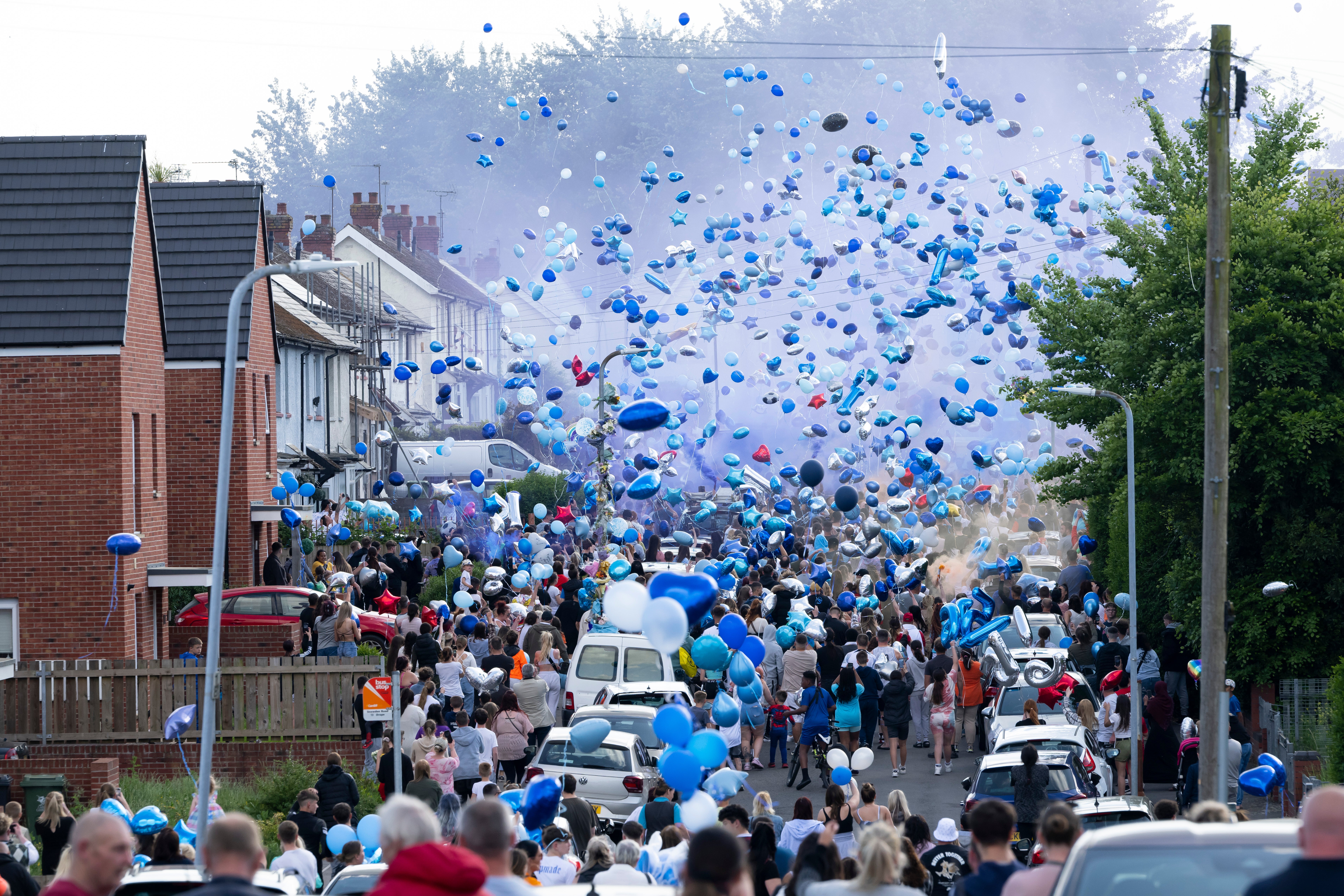
“That road traffic accident is being properly investigated and that is right and proper.
“Footage emerged of something that happened a short time before the road traffic accident and that too needs to be investigated. That was not available to the police or to me at the time we responded to the road traffic accident.
“There was no police vehicle on the road when the accident happened.”
But it seems clear to everyone in Ely that the reason, as Mr Michael says, “there was no police vehicle on the road when the accident happened” is because the two boys had evaded officers by slipping through a pedestrianised gate that a van could not get through.
That van turned off and the boys died moments later when the bike crashed.
In a press conference on Wednesday evening, the force’s deputy chief constable, Rachel Bacon, admitted for the first time that the police had been following the boys before the crash.
Whether or not the police are cleared of involvement of a role in the boys’ deaths will not resolve the issues for many residents. This is an area blighted by riots in 1991 and residents fear it is a tinderbox of unrest and upset ready to kick off again.
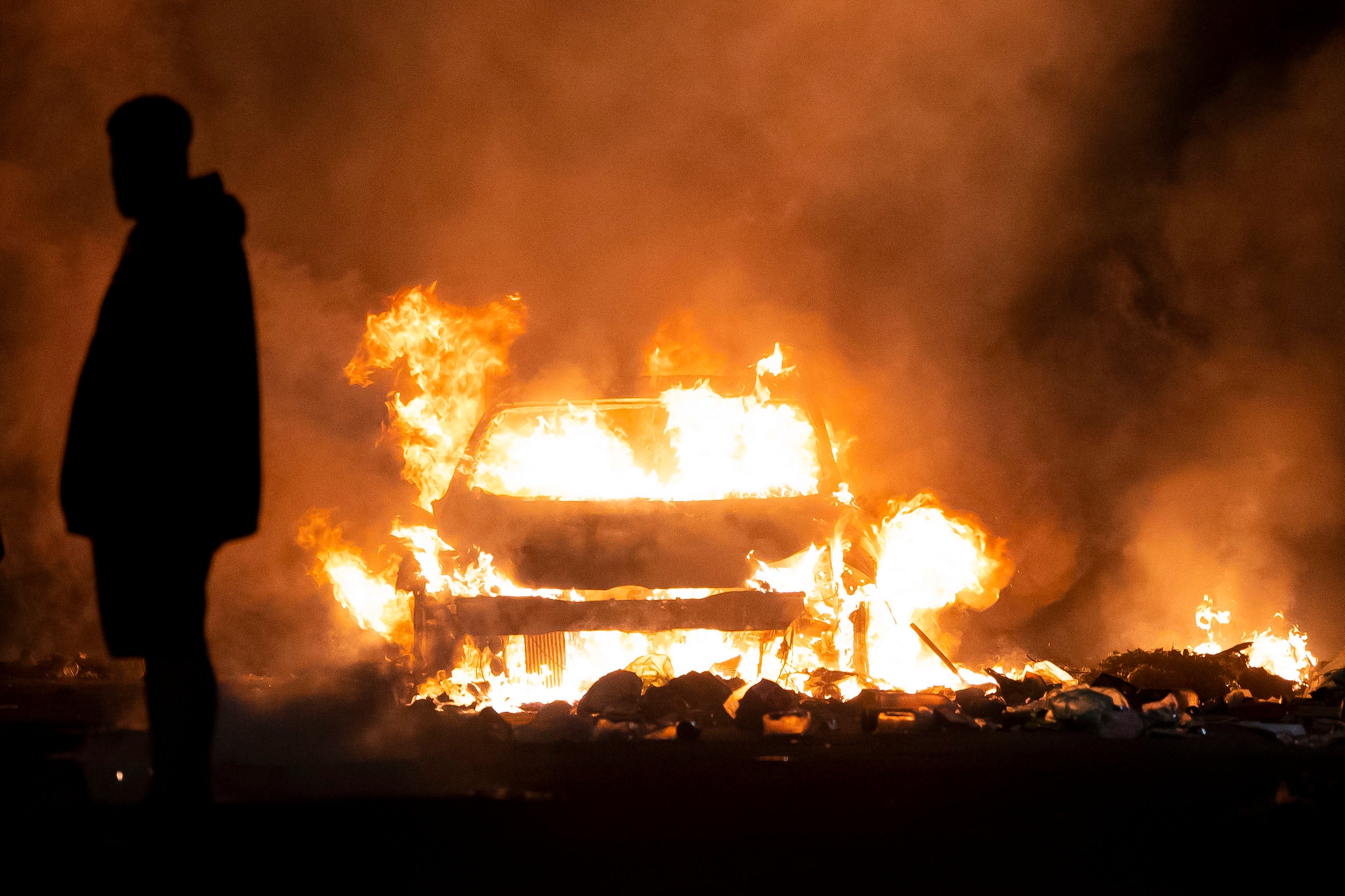
One mother, who would only give her name as Becky, said: “People don’t care about us in Ely. We’ve been forgotten about. There’s good people here that look out for each other but we don’t get no help from the outside.
“The police just want us to shut up and keep quiet but there’s people here living in poverty with no hope and no chance in life.
“It won’t take much for something like this to happen again. Everyone just hopes and prays that it won’t and we can get on.”
According to Welsh government statistics, Ely has the highest dependency on free school meals in the whole country and is also ranked poorly for employment levels, long-term sickness and home ownership.
Speaking at the time of the 1991 riots, which started as a dispute over bread sales, the late Canon Bob Morgan, a former leader of South Glamorgan Council, said poverty and dejection were key factors which led to the trouble.
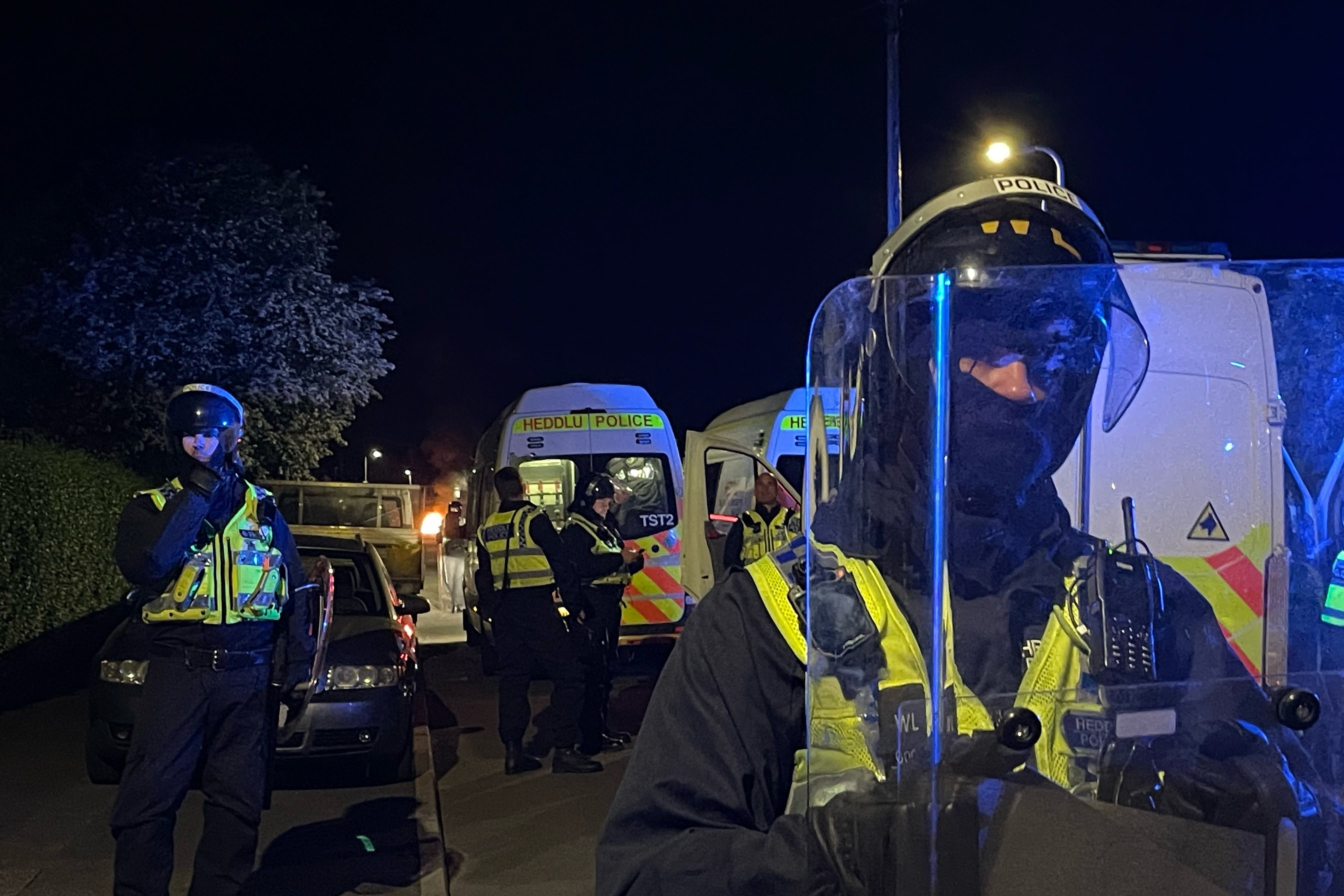
He said: “The build-up of this huge reservoir of disadvantaged youths, which not only can’t find employment, but they have no real hope.
“And I see a lot of this as a powerful expression of anger against their condition.”
More than 30 years later, it seems not much has changed.
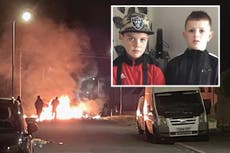






Join our commenting forum
Join thought-provoking conversations, follow other Independent readers and see their replies
Comments